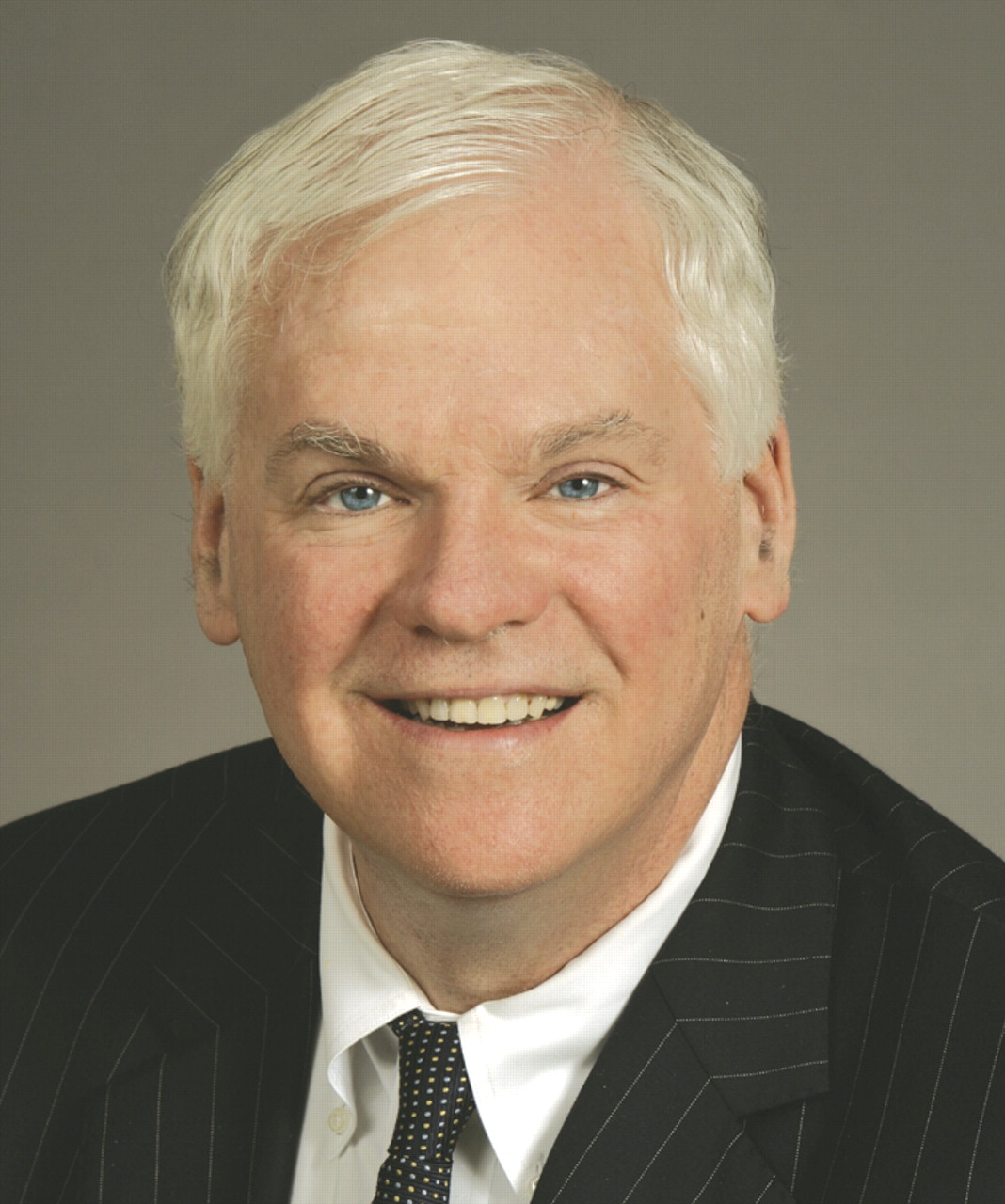When the Washington Post reported last month on the mental health consequences of Hurricane Katrina and best treatments, it was no surprise the newspaper turned to APA members as the leading experts.
Spencer Eth, M.D., who was involved in treating survivors of the World Trade Center attacks and helped write APA's PTSD treatment guidelines, said of the storm: “This is unprecedented. People are not going to bounce back and resume their lives and recover” at the pace seen after other disasters. Other APA members who were quoted in the story included Drs. Robert Ursano, Carl Bell, and Harold Ginzburg.
The big job of connecting reporters and psychiatric experts falls to APA's Office of Communications and Public Affairs (OCPA). With Katrina, the job was enormous: reporters from newspapers, news magazines, radio and television stations, and Web publications from across the country called for insights and expert opinion. How is a natural disaster different from a terrorist attack? What does it mean to lose one's entire community? How has the storm affected kids? The elderly? How will Medicaid recipients who were evacuated across state lines continue to receive their medications?
When the national media sought a response to antipsychiatry remarks by actor Tom Cruise, OCPA staff led the charge with rapid responses to an outpouring of requests from news organizations such as the Associated Press; publications such as the New York Times, Washington Post, and People; and broadcast organizations including CNN (“Wolf Blitzer Reports”), NBC (“Today”), MSNBC (“MSNBC Live”), Univision, and ABC (“Good Morning America”). As a result, APA spokespersons successfully reinforced the message that psychiatric illnesses are real and treatment works.
Under the leadership of OCPA Director Lydia Sermons-Ward for a year and a half, OCPA has been heading APA's efforts to reduce mental illness stigma and to put a fresh and more accurate face on psychiatry and mental health. Communicating key messages on mental illnesses is vital to educating the public and policymakers, supporting the work of our members and district branches/state associations (DB/SAs), and building support among allied organizations.
Speaking of communicating good work, here's a rundown of some recent OCPA initiatives:
•
College Mental Health Campaign: In August OCPA continued APA's“ Healthy Minds, Healthy Lives” campaign in the “College Mental Health Campaign,” which was developed in conjunction with APA's Presidential Task Force on Mental Health on College Campuses.
The campaign will be repeated annually and will focus on (1) raising awareness of mental health issues among college students and their families, (2) raising the visibility of APA members as the leading providers of advice and care on psychiatric issues, (3) bringing attention to this initiative during the media cycle focused on college/university stories, and (4) expanding “Healthy Minds, Healthy Lives” to include college-age students.
APA spokespersons participated in media interviews that reached nearly a half million people. The college mental health resource page at<HealthyMinds.org> experienced significant Web traffic.
•
Hispanic Health Initiative: Another component of “Healthy Minds, Healthy Lives” is OCPA's Hispanic Health Initiative, which was launched in mid-September during Hispanic Heritage Month.
According to the Census Bureau, the Hispanic/Latino community is the fastest growing segment of the U.S. population. Nearly 40 million people are of Hispanic or Latino origin, three-quarters of whom describe themselves as Spanish speakers. Creating resources and materials in Spanish is an important step in helping to support the mental health of this segment of the population. The Web site<HealthyMinds.org> features Spanish-language materials on numerous common mental health concerns, including warning signs, treatment options, and prevention measures. In addition, the site includes a link to the Spanish translation of<ParentsMedGuide.org>.
•
Mental Illness Awareness Week: The “Healthy Minds, Healthy Lives” campaign concluded during Mental Illness Awareness Week (MIAW), which is observed each year during the first week of October. The theme of MIAW 2005 was “Leveling the Playing Field.” The week's activities included release of a toolkit, support materials for DB/SAs and members, a news release, a special MIAW update on<HealthyMinds.org>, written copy for a public service announcement for radio, and promotion of relevant “Let's Talk Facts” brochures and fact sheets.
Last year we shared aggressive goals laid out by Ms. Sermons-Ward, along with our expectations for improving APA's communications activity and public information outreach. A year later, we are beginning to reap the dividends of OCPA's achievements. Among them are the successful launch of the“ Healthy Minds, Healthy Lives,” updates to the “Let's Talk Facts” brochure series, a new consumer Web site, distribution of more press information to members and DB/SAs, and much more.
A core component of APA's mission is to help our members help their patients. I encourage you to take advantage of the new and improved communications tools now available to you as APA members to help you inform and educate your patients and communities on their mental health needs. You can start by viewing and contributing information to<HealthyMinds.org>. Share your communications suggestions and comments with OCPA staff at
[email protected].▪

